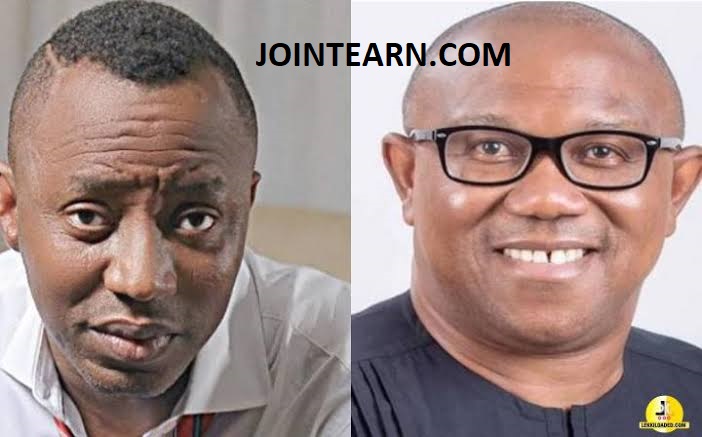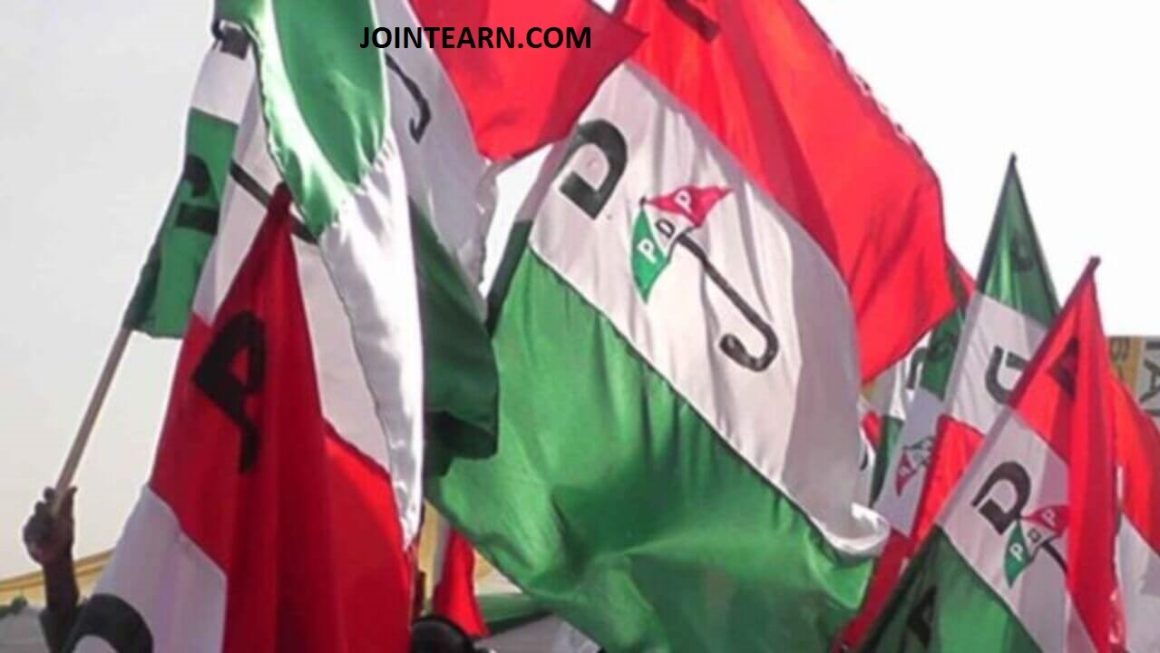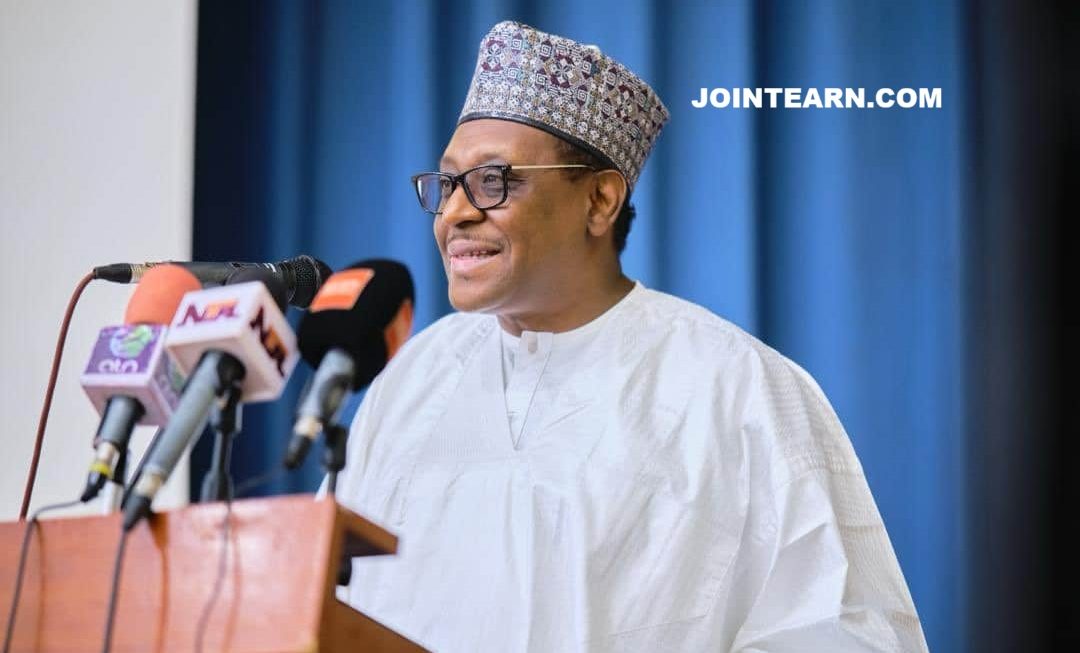In a fresh twist to Nigeria’s ever-evolving political discourse, human rights activist and presidential candidate of the African Action Congress (AAC), Omoyele Sowore, has sharply criticized Labour Party’s 2023 presidential flagbearer, Peter Obi, for what he termed as “opportunistic and hypocritical” praise of former President Goodluck Jonathan.
The criticism comes on the heels of Obi’s recent remarks commending the former president during a public event, where he extolled Jonathan’s democratic virtues and claimed the Bayelsa-born politician had laid the groundwork for Nigeria’s democratic progress. Obi’s comments, which were widely circulated in the media, portrayed Jonathan as a statesman who peacefully handed over power in 2015 — a rare feat in Nigeria’s political history.
However, Sowore, never one to mince words, took to social media to denounce Obi’s statements. He accused the former Anambra State governor of rewriting history to suit his political agenda and downplaying the failings of Jonathan’s administration. According to Sowore, Jonathan’s time in office was marred by systemic corruption, insecurity, and economic mismanagement — issues that should not be glossed over in the name of political alliance or image polishing.
“Peter Obi, who once positioned himself as a beacon of integrity and reform, has now taken to celebrating the very same leadership that contributed significantly to Nigeria’s backward slide. This is not only hypocritical but insulting to the collective memory of Nigerians who suffered under Jonathan’s misrule,” Sowore stated.
The AAC leader also alleged that Obi’s sudden public reverence for Jonathan was a calculated political move aimed at currying favor with elements of the political elite in the South-South region ahead of potential 2027 ambitions. He implied that Obi’s “praise-singing” was not rooted in genuine appreciation but in a strategy to reposition himself as an acceptable candidate across Nigeria’s geopolitical divides.
Sowore went further to describe Obi as a “political opportunist” who has repeatedly shifted his positions and affiliations to align with prevailing winds of popularity. “It’s not the first time Mr. Obi has reinvented himself for political gain,” Sowore said. “From jumping between parties to reinventing his legacy as Anambra governor, and now embracing those he once criticized, Peter Obi has shown he is willing to bend principles for optics.”
This is not the first time Sowore has publicly criticized Obi. During the 2023 presidential elections, he had accused the Labour Party candidate of running on vague promises and failing to clearly distance himself from the political establishment that many young Nigerians were seeking to challenge. Sowore’s campaign largely revolved around radical change, youth empowerment, and systemic overhaul, contrasting with Obi’s more moderate approach which gained traction among middle-class Nigerians and urban youth under the “Obidient” movement.
The recent verbal exchange between both figures highlights the ongoing ideological divide in Nigeria’s opposition landscape. While both men claim to represent a break from Nigeria’s corrupt political past, their methods, alliances, and rhetoric paint very different pictures of what that change should look like.
Political analysts say the clash is indicative of a larger struggle for the soul of Nigeria’s opposition politics, especially in the wake of the 2023 elections which saw Bola Tinubu of the All Progressives Congress (APC) emerge as president amidst widespread controversy and legal challenges.
Dr. Amina Akinyele, a political science lecturer at the University of Lagos, noted that Sowore’s criticisms reflect a persistent skepticism within Nigeria’s activist circles regarding the sincerity of mainstream politicians. “There’s a perception among some factions that Peter Obi is trying to have it both ways — appealing to the grassroots and youth while still playing within the establishment’s rulebook,” she explained.
In response to Sowore’s comments, neither Peter Obi nor his media aides had issued an official statement at the time of this report. However, sources within the Labour Party suggested that Obi’s remarks about Jonathan were meant to highlight a moment of democratic maturity in Nigeria’s history rather than endorse the entirety of Jonathan’s tenure.
Still, Sowore’s comments have stirred fresh debate online, with many Nigerians weighing in on both sides. While some agreed with Sowore’s assertion that Obi’s praise for Jonathan was politically motivated, others felt the AAC leader was engaging in unnecessary provocation and political purism that might alienate potential allies in the wider struggle for systemic reform.
As the 2027 elections loom on the horizon and political alignments begin to shift, this exchange between two of Nigeria’s most prominent alternative voices underscores the complexities of navigating reformist politics in a deeply entrenched system.
Whether Sowore’s criticism will influence public perception of Obi remains to be seen. What is clear, however, is that the battle for the future of Nigeria’s opposition is far from settled — and voices like Sowore’s will continue to challenge the narratives pushed by even the most celebrated reformers.












